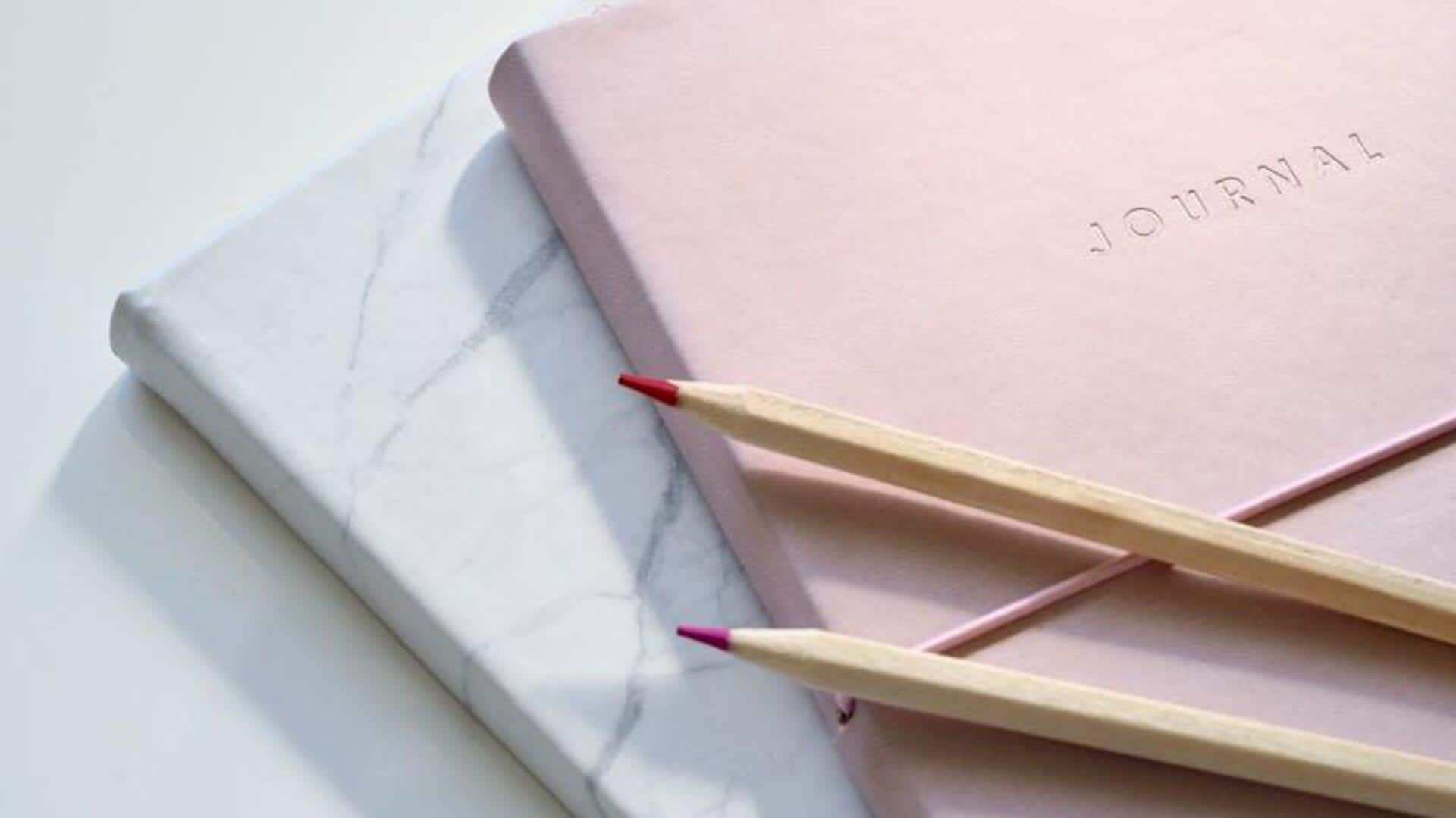
You can actually journal your dreams! We tell you how
What's the story
Journaling dreams can be an interesting way to delve into your subconscious mind. By writing down your dreams, you can discover patterns, gain insights into your thoughts and emotions, and even boost creativity. However, the practice takes consistency and a few techniques to ensure that the dream details are captured accurately. Here are some practical tips on how to journal your dreams like a pro.
Preparation
Keep a notebook by your bedside
Having a notebook or journal by your bedside is essential to note down dreams as soon as you wake up. Dreams fade away quickly from our memory, so writing them down immediately preserves the details. A pen with smooth ink flow can also make the process quicker and more efficient.
Timing
Record immediately upon waking
The ideal time to note down your dreams is immediately after waking up, when the memories are still fresh. Even if it's just fragments or feelings, writing them down can help you trigger more detailed recollections later on. Stay away from distractions like checking your phone before recording your dream.
Detailing
Use descriptive language
When journaling your dreams, ensure that you opt for descriptive language that captures the essence of each dream vividly. Be sure to include sensory details such as the colors you see, the sounds you hear, and the emotions you feel in the dream. This not only helps with better recall of the dreams but also deepens your understanding of any recurring themes or symbols.
Analysis
Reflect on patterns over time
Periodically review past entries in your dream journal to identify patterns or recurring themes. This reflection can provide insights into areas of personal growth or unresolved issues in waking life. Analyzing these patterns may also reveal connections between different aspects of life that were previously unnoticed.
Exploration
Experiment with different techniques
Try other techniques, like drawing sketches of scenes from your dreams or using bullet points for quick notes, if detailed writing feels overwhelming at first. Experimenting with different methods allows you to find what works best for capturing your vivid memories efficiently, while keeping journaling enjoyable.